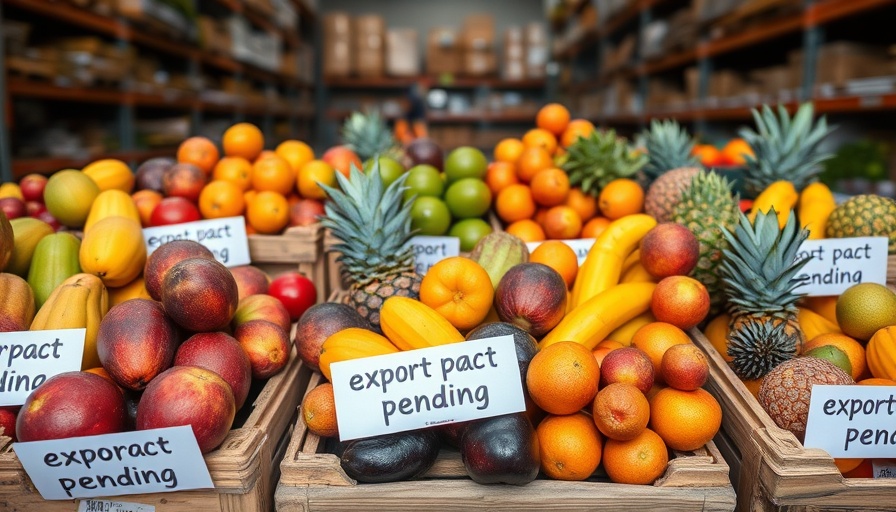
The Challenges Behind Société Générale's African Divestments
The journey towards divestment is rarely straightforward, especially for institutions as prominent as Société Générale. Launched two years ago, the French bank's initiative to shed nearly all of its subsidiaries in Africa has encountered numerous hurdles. As it navigates the complex terrain of government regulations and expectations from stakeholders, it becomes evident that the bank's path is not only marked by financial exigencies but also influenced by the intricate web of local politics.
Understanding Government Dynamics in Africa
The government involvement adds another layer of complexity to the divestment project. Countries across Africa often seek to maintain control over crucial sectors such as finance, which makes transactions fraught with negotiation challenges. This dynamic creates an environment where governments are not only interested in monetary value but also in setting the legacy of ownership, leading to tensions that can derail deals.
Pandemic Aftershocks: The Economic Landscape
The COVID-19 pandemic has exacerbated some of these challenges, highlighting vulnerabilities in many African economies. As countries grappled with economic downturns, the urgency to secure stable financial regimes has intensified, with governments increasingly curious about who takes over critical infrastructure. This backdrop reflects a larger trend in the region, wherein governance and economic stability are tightly intertwined amidst the threat of unemployment and poverty.
The Broader Implications on Pan-African Trade and Cooperation
This speculation over ownership and control does not occur in isolation. It speaks to significant conversations happening at the continental level about economic growth and trade. The African Continental Free Trade Area (AfCFTA) aims to streamline trade across borders, but if efforts for divestment like Société Générale's are stalled, the region may struggle to realize the full potential of this ambitious initiative, stymying efforts towards industrialization and economic empowerment.
Human Capital at the Crossroads: Youth and Corruption
Amidst these evolving narratives, the role of youth empowerment cannot be discounted. With their stakes in the economy at risk, young professionals in Africa keenly monitor these shifts. Corruption and governance remain paramount issues affecting their future, as they seek transparent frameworks that can support their entrepreneurial ambitions amidst growing college and job-related debt.
Looking Ahead: A New Approach to Investment
The path ahead for Société Générale may depend on new strategies that are more in line with local expectations and governance frameworks. Instead of a top-down approach, creating partnerships with local firms could provide a smoother transition and foster goodwill among stakeholders. This shift can influence not merely financial outcomes but broader social narratives about ownership, cooperation, and mutual respect.
Concluding Thoughts: Advocating for Sustainable Development
Importantly, the narrative surrounding divestments must incorporate dimensions of sustainable development. As regions battle climate change and economic fragility, the new owners of these entities will have to embrace responsibilities that transcend profits, engaging in practices that align with human rights, environmental sustainability, and community welfare.
Société Générale's journey in Africa encapsulates a broader discussion about economic transitions in a post-colonial context, highlighting the need for transparent governance, local alliances, and sustainable practices. Understanding these shifts can broaden perspectives, prompting professionals everywhere to reevaluate what successful business practices look like amidst complex socio-political ecosystems.
 Add Row
Add Row  Add
Add 




Write A Comment